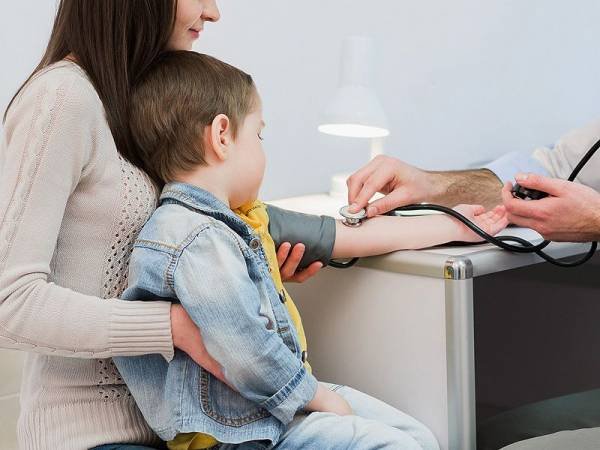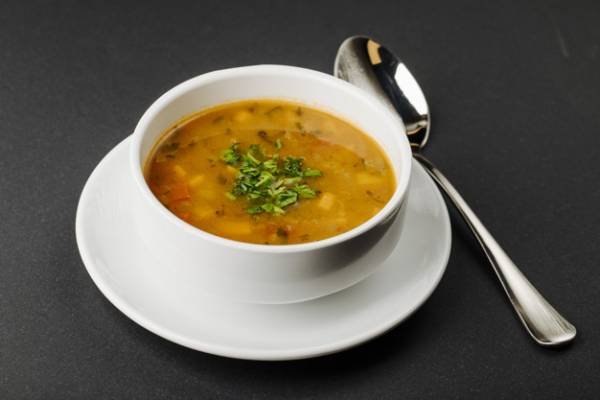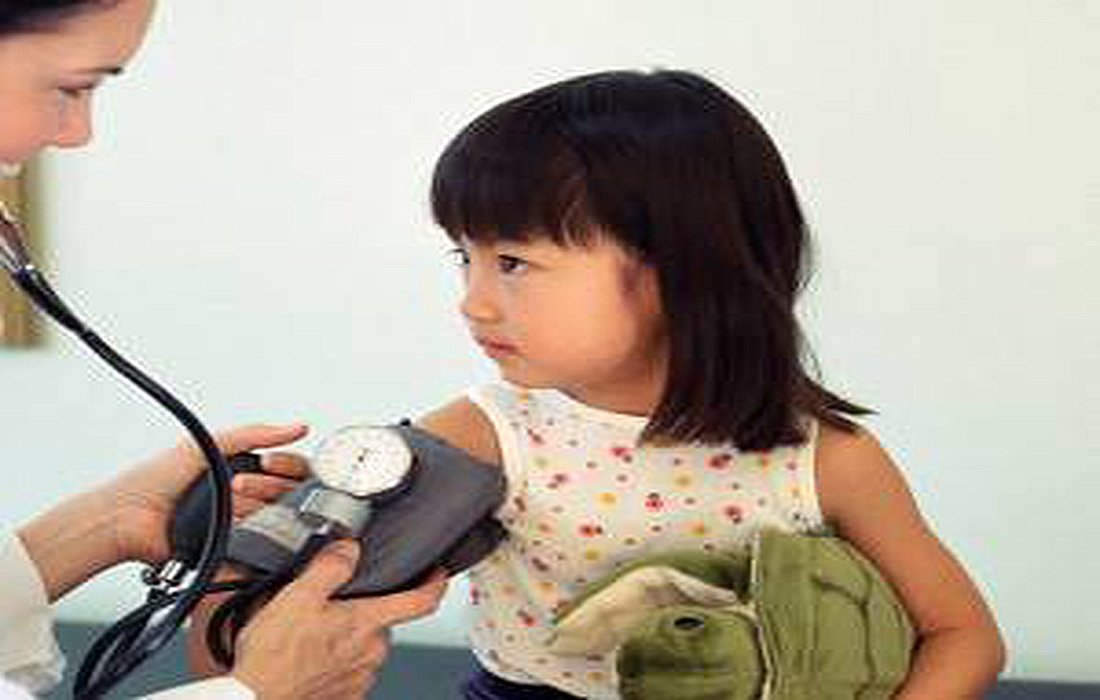Important points about low blood pressure in children
Low blood pressure in children occurs when blood pressure falls below normal levels. Blood pressure is considered low when systolic pressure is below 90 mmHg and diastolic pressure is below 60 mmHg.Blood PressureIn children, blood pressure can drop for many reasons. Identifying these reasons will help in treating the issue.SelMagzStay with us as we introduce the causes, symptoms, and treatments of low blood pressure in children.

Low Blood Pressure in Children
Blood pressure in adolescents is usually stable. However, in children, it varies based on age, height, and gender, and can be categorized into three types:
Orthostatic Low Blood Pressure:
This occurs when a child’s blood pressure drops after standing for a long time, which may lead toheadachesand vision problems.
Neurogenic Low Blood Pressure:
This type of low blood pressure is known forsyncopeand happens when the brain and heart have abnormal reflex interactions, especially when the child is in a hot environment, stands for a long time, has just exercised, or recently eaten.

Severe Low Blood Pressure:
This condition involves a dramatic drop in blood pressure due to severe infections, significant blood loss,severe allergies,injuries, and trauma. Low blood pressure in children can result from various factors or a specific condition in the body.
Causes of Low Blood Pressure in Children
Some common causes that affect children are:
Dehydration
When too much water is lost from the body, dehydration occurs. Low blood pressure can be one of the multiple symptoms of mild to severe dehydration in children.
Allergy
An allergy occurs when the immune system attacks the body. Severe allergies, known as anaphylaxis, can lead to low blood pressure.

Infection
Sometimes low blood pressure can result from severe infections.
Severe Iron Deficiency
Low blood pressure can show various symptoms, includingiron deficiency.Low blood pressure may manifest alongside other signs ofanemiaduring these conditions.
Heart Problems
A drop in blood pressure can indicate heart failure or other heart issues in children. Other symptoms such as breathing problems, excessive sweating, and growth issues in children are related to heart diseases.

Injury or Trauma
An injury can cause blood loss inside or outside the body, which is a factor for low blood pressure. This type of low blood pressure is often accompanied by numerous other symptoms such assevere abdominal painindicating internal bleeding.
Nutritional Deficiencies and Metabolic Issues
Physical Stress
Sometimes diagnosing low blood pressure in children is difficult, but knowing these symptoms can be helpful.

Symptoms of Low Blood Pressure in Children
Children with low blood pressure typically show the following symptoms:
- dizzinessor confusion
- fatigue
- nausea
- lack of concentration
- blurred vision
- feeling sick
- shortness of breath
Some children may have mild symptoms like headaches andchronic fatiguethat sometimes indicate low blood pressure.

Diagnosing Low Blood Pressure in Children
In such situations, the doctor considers the following steps to diagnose low blood pressure in children.
Checking Symptoms
The doctor first examines the symptoms and asks parents about the child’s medical history.
Measuring Blood Pressure
Then, blood pressure is measured manually or digitally.
Measuring Pulse
The doctor’s fingers are placed on the artery to feel the pulse. This helps him to determine the number ofheartbeatsper second.

ECG Test
If any abnormalities are detected, the doctor may suggest further heart check-ups using an ECG machine.
Treatment of Low Blood Pressure in Children
If blood pressure drops for any reason such as heart problems, infections, or allergies, the doctor may prescribe medication.
Home Care Strategies for Children with Low Blood Pressure
As SelMagz explains, having a home care routine can help manage low blood pressure in children and sometimes lead to normal blood pressure levels.
Foodscontaining sodium can help maintain blood pressure. Meals such as chicken, cheese,soups

A balanced diet also helps improve blood pressure. Consuming vegetables, fruits, and nuts as part of the daily diet is very beneficial, and foods rich in folic acid and vitamin B12 significantly aid this condition.
Drink plenty of water, as it helps prevent dehydration and dryness, which are among the causes of low blood pressure in children. Ask your doctor to recommend lighter exercises for you, and children should not stand or sit for long periods. Never let children be in excessively hot environments.
Additionally, focus on healthy habits to maintain balanced blood pressure.







